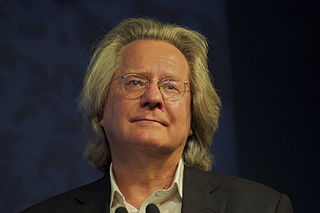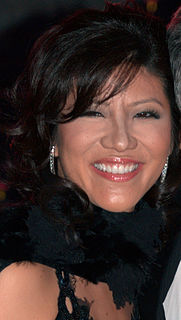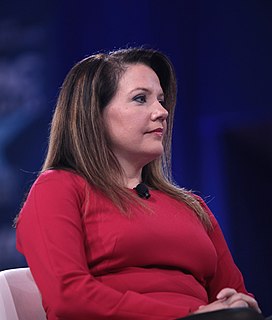A Quote by Lee Kuan Yew
To straddle the middle ground and win elections, we have to be in charge of the political agenda. This can only be done by not being beaten in the argument with our critics. They complain that I come down too hard on their arguments. But wrong ideas have to be challenged before they influence public opinion and make for problems. Those who try to be clever at the expense of the government should not complain if my replies are as sharp as their criticisms.
Quote Topics
Related Quotes
There are two kinds of comprehensive doctrines, religious and secular. Those of religious faith will say I give a veiled argument for secularism, and the latter will say I give a veiled argument for religion. I deny both. Each side presumes the basic ideas of constitutional democracy, so my suggestion is that we can make our political arguments in terms of public reason. Then we stand on common ground. That's how we can understand each other and cooperate.
If the government is vulnerable to public opinion, then famines are a dreadfully bad thing to have. You can?t win many elections after a famine, and you don?t like being criticized by newspapers, opposition parties in parliament, and so on. Democracy gives the government an immediate political incentive to act.
When you travel you realize how small you are. You need to be humble. You can't be a big, brash American. You think you have problems. You leave the States and you see people have bigger problems than you, much worse problems than you. They have nothing to eat, they have no water, they have no shelter, they have a terrible government. So you realize we complain about the government, we complain about food, whatever it is, and go somewhere else and you think, "Now I realize," you say, "Why people want to come to America."
Religious apologists complain bitterly that atheists and secularists are aggressive and hostile in their criticism of them. I always say: look, when you guys were in charge, you didn't argue with us, you just burnt us at the stake. Now what we're doing is, we're presenting you with some arguments and some challenging questions, and you complain.
Year after year in Washington, budget debates seem to come down to an old, tired argument: on one side, those who want more government, regardless of the cost; on the other, those who want less government, regardless of the need....Government has a role, and an important role. Yet, too much government crowds out initiative and hard work, private charity and the private economy....Government should be active, but limited; engaged, but not overbearing.
My role is really just to try to make sure that the voice of all shareholders and employees is heard - that no one is bullying their agenda, their choice of a CEO, or their selection of who should be the board members. Benchmark, I believe, has been pushing their agenda at the expense of those stakeholders.
For three decades and longer we have been developing the ideas, science, and technological wherewithal to build a sustainable society. The public knows of these things only in fragments, but not as a coherent and practical agenda indeed the only practical course available. That is our fault and we should start now to put a positive agenda before the public that includes the human and economic advantages of better technology, integrated planning, coherent purposes, and foresight.
It's easy to complain about the obvious reality that our political media are completely corrupted and engage in propaganda, not journalism. But as they are the largest, most powerful, and least accountable political advocacy group in the country, Americans also need to do more than complain as the press harms the country.
Today's political leaders demonstrate their low opinion of the public with every social law they pass. They believe that, if given the right to chose, the citizenry will probably make the wrong choice. Legislators do not think any more in terms of persuading people; they feel the need to force their agenda on the public at the point of a bayonet and the barrel of a gun, in the name of the IRS, the SEC, the FDA, the DEA, the EPA, or a multitude of other ABCs of government authority.
To complain is always nonacceptance of what is. It invariably carries an unconscious negative charge. When you complain, you make yourself into a victim. When you speak out, you are in your power. So change the situation by taking action or by speaking out if necessary or possible; leave the situation or accept it. All else is madness.












































